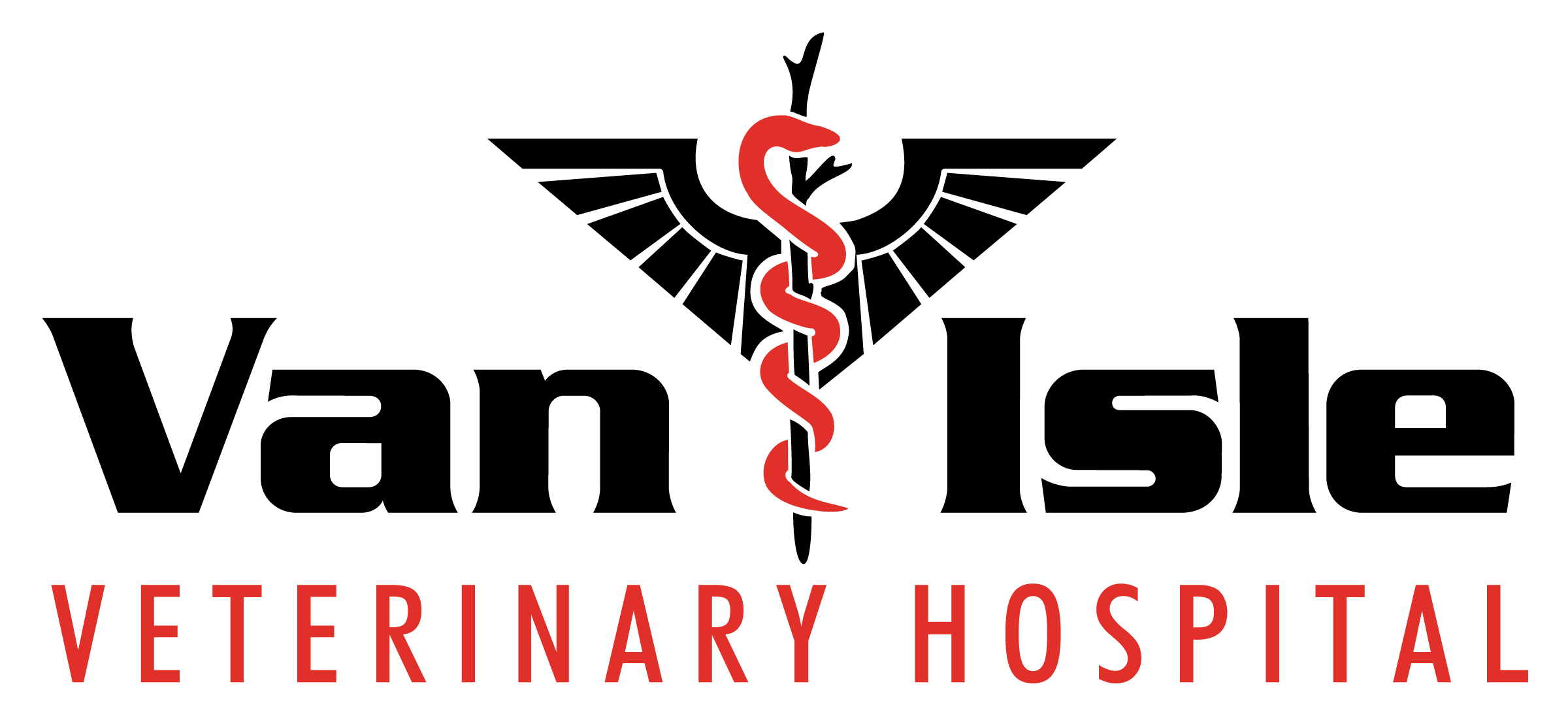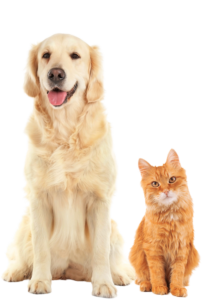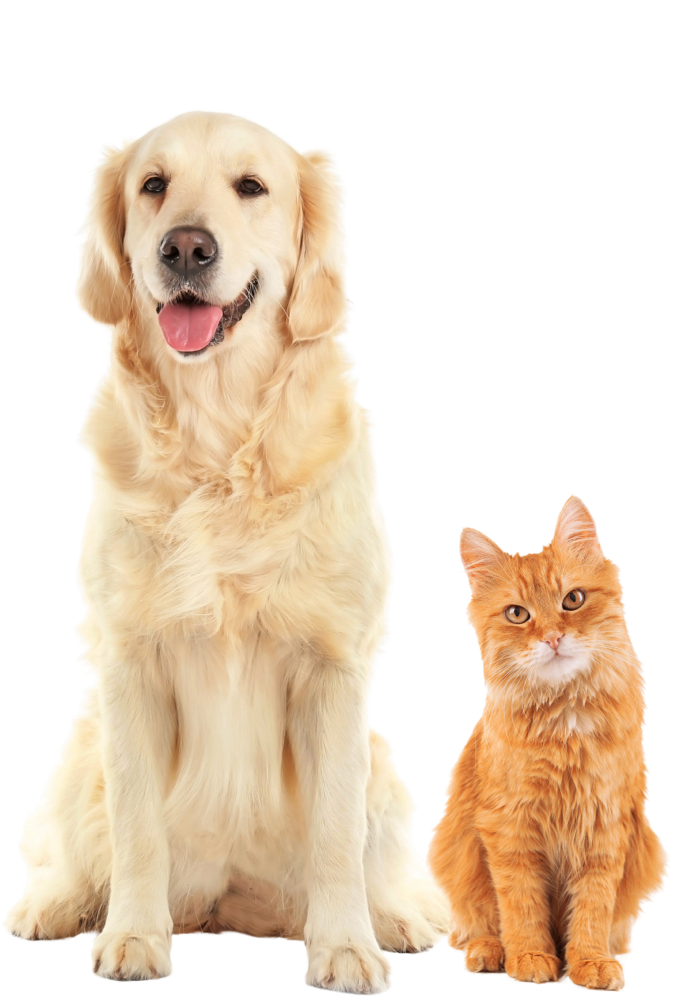In today’s society there is a fast growing interest in nutrition and wellness. People have become far more aware of what they are eating, where their food comes from and what nutritional value it brings to their diet. This information is also very important when we are considering our pet’s diets.
During the months of August and September the team at Van Isle Veterinary Hospital is focusing on nutrition and how it impacts our pet’s health. Obesity has become a very serious health concern among our pets today, estimating that nearly 60% of cats and 50 % of dogs are overweight or obese. Obesity affects the quality and length of our pets lives. Obesity can put our pets at risk for heart disease, urinary disease, diabetes, arthritis, inflammatory conditions, skin conditions and respiratory disease. Overweight and obese pets are also at a greater risk during anesthesia, surgery and other medical treatments.
It is sometimes difficult to know if your pet is overweight. All too often, your pet’s weight gain sneaks up on you. For this reason, it is a good idea to frequently weigh your pet and have your pet’s body condition scored. Some breeds, especially in dogs, are predisposed to obesity and weight gain. These breeds can include Beagles, Labs, Pugs, Bulldogs and Dachshunds to name a few. Cat’s can be a little trickier when it comes to a weight loss program. A cat’s energy requirements are quite different from dogs and it can be difficult to increase their exercise. However there are things you can do!
Nutrition can have a major influence on our pet’s health in areas other than weight. There are diets specific for aiding in the treatment and comfort of skin diseases, arthritis, urinary diseases and even stress and anxiety. Therapeutic diets can help greatly improve health conditions allowing for fewer medications needed and less money being spent on vet visits.
We encourage all pet owners to participate in a nutrition focus campaign this August and September and hope to keep the momentum going throughout their pet’s lives. Considering a weight loss program for your pet can feel overwhelming. Reach out to your family veterinarian for support. Having the guidance and support of a professional outside of the home can help you stay on track and help you safely meet your goals. Weight loss in pets, as in people, can be a long process with times of success and times of setbacks. Don’t give up. The difference a normal body condition will make on your pet’s quality of life will be dramatic. The changes in their behavior and overall happiness will keep you motivated.
Written by: Van Isle Veterinary Hospital




